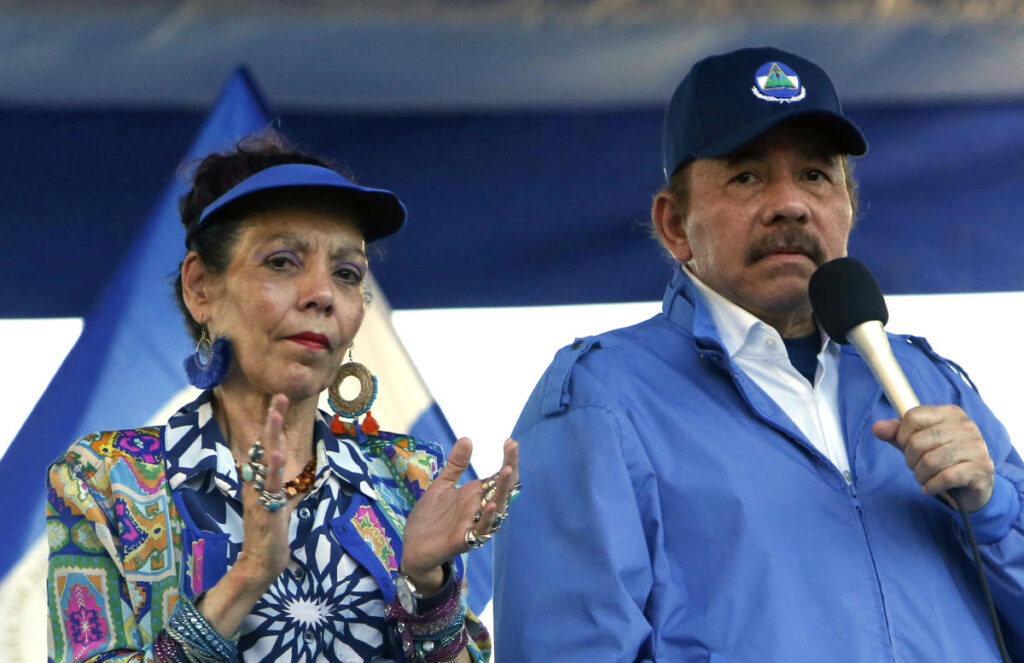The Biden administration has initiated an investigation into labor and human rights abuses in Nicaragua, a move that could impact the bilateral relations between the U.S. and Nicaragua, especially as they share a free trade agreement. This investigation comes amid escalating concerns regarding President Daniel Ortega’s increasingly authoritarian governance. U.S. Trade Representative Katherine Tai announced the investigation, stating that numerous credible reports have indicated a pattern of repressive actions by the Nicaraguan government, adversely affecting both its workers and the overall environment for fair competition. The investigation, authorized under Section 301 of the Trade Act of 1974, will explore allegations of abuses and their influence on commerce with the U.S., with a timeline set for completion within a year.
Reports from various watchdog organizations have highlighted serious concerns regarding the Ortega administration, including politically-motivated arrests, human trafficking, forced labor, and the suppression of labor rights. The U.S. Trade Representative emphasized that such acts exacerbate worker exploitation and hinder economic growth and trading opportunities, aligning the investigation’s launch with International Human Rights Day. The investigation is intended to assess the impact of these abuses on U.S. trade interests, which could potentially lead to retaliatory actions once the findings are evaluated.
In the context of trade relations, Nicaragua’s situation poses specific challenges due to its involvement in the Central America Free Trade Agreement, a regional pact that complicates any retaliatory measures the U.S. could take. Nicaragua maintains a trade surplus with the U.S., having exported around $3 billion worth of goods in 2022, which accounts for nearly 20% of its gross domestic product. This economic interdependency might limit the U.S.’s possible responses to Nicaragua’s human rights violations while balanced against the need to uphold human rights standards.
President Ortega has also put forward constitutional reforms, suggesting an extension of his term from five to six years and proposing that he and his wife, Vice President Rosario Murillo, serve as co-presidents. These proposed changes are seen as moves to consolidate power and are occurring simultaneously with a sustained government crackdown on dissent. Since 2018, the Ortega administration has repressed various opposition voices, resulting in the imprisonment and exile of numerous opponents, including religious leaders and journalists.
Moreover, the crackdown on dissent has led the government to close more than 5,000 organizations, primarily religious institutions, further complicating the human rights landscape in Nicaragua. The Biden administration’s investigation into these matters reflects a broader commitment to uphold labor and human rights standards, amidst growing global scrutiny of non-democratic regimes. By drawing attention to these issues, the U.S. aims to not only address specific abuses but also to stabilize the wider region through a commitment to fair labor practices.
Ultimately, the outcome of the investigation could reshape the U.S.-Nicaragua relationship and influence future interactions with similarly governed nations. It signals a critical point where economic interests and ethical considerations intersect, requiring a comprehensive evaluation of how best to balance trade relations with respect for fundamental rights. The implications of this inquiry extend beyond Nicaragua, highlighting the necessity for international engagement in addressing governance issues that adversely affect workers and undermine democratic institutions.

